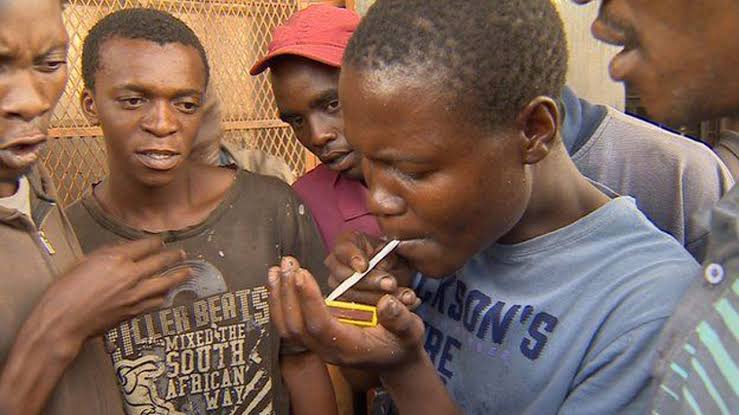By Aileru Olamilekan Mukail
Write out a headline for this write up “In Nigeria, drug abuse stands as a formidable public health and societal challenge, casting a long shadow over the development of the nation’s youth. Recent estimates from the National Drug Law Enforcement Agency (NDLEA) suggest that over 14 million Nigerians engage in drug use, with more than 3 million wrestling with drug use disorders. Thus, this issue demands our utmost attention.
A closer examination reveals the consequences that drug abuse weaves into the lives of young people, reaching far beyond the individual. These implications span various aspects of their lives, including physical and mental health, educational achievements, and prospects for the future.
For many young people, drug abuse becomes an insurmountable barrier to academic success. The demands of drugs often interfere with their ability to concentrate and learn effectively, leading to absenteeism and, tragically, dropout rates that hinder their educational journey.
Additionally, the link between drug use and criminal activities is concerning. Young drug users are often compelled to commit crimes, either to sustain their addiction or secure the means to purchase drugs. This not only jeopardises their own lives but also contributes to an environment of increased crime and violence, affecting the broader community.
Moreover, drug abuse exposes young individuals to severe health risks, including mental illnesses, HIV/AIDS, and the spread of infectious diseases. It evolves into a pressing public health crisis that demands attention.
Social isolation and fractured relationships are yet another consequence of drug addiction among the youth. The pursuit of drugs frequently leads to a withdrawal from social activities and personal relationships. Loneliness and isolation become companions, further entrenching the cycle of drug abuse and damaging relationships with family and friends.
Furthermore, drug abuse can severely limit opportunities for education and employment among young people. Completing their education or finding stable employment becomes a daunting task, depriving them of avenues for personal growth and undermining the nation’s development.
In essence, drug abuse stands as a significant impediment to Nigeria’s progress. The youth, who represent the nation’s future, find their development thwarted by this. Their prosperity is intrinsically linked to economic growth and social advancement, and drug abuse threatens to truncate their potential.
At this critical time and considering the rate at which drug use is increasing among youths in Nigeria, the Ministry of Youth Development should assume a pivotal role in the battle against drug abuse in the country. They can achieve this through various means.
The ministry can initiate educational programs within schools, foster youth clubs, and lead community-based initiatives to educate young people about the perils of drug abuse and advocate for a drug-free lifestyle.
Furthermore, proactive programs aimed at preventing the initiation of drug use among young people should be championed. These initiatives can cultivate positive life skills, such as decision-making and problem-solving abilities.
Supporting the establishment and execution of comprehensive treatment and rehabilitation programs for young individuals ensnared by drug addiction is imperative. These programs should encompass counselling, medical care, and vocational training to facilitate recovery.
In practical terms, the Ministry of Youth Development can engage in partnerships with educational institutions to devise and implement drug prevention programs. These programs should empower students with knowledge about the hazards of drug abuse and equip them with strategies to resist peer pressure.
Furthermore, collaboration with youth organisations can provide spaces for positive activities and life skills development. Initiatives such as sports teams, arts and crafts clubs, and leadership programs can offer healthy alternatives to drug abuse.
The ministry can act as a strong advocate for policies that foster youth development and drug prevention. It can lobby for measures that enhance education, employment prospects, and healthcare access.
By embracing these proactive measures, the ministry will be leading the battle against drug abuse. It has the potential to ensure that young people are equipped with the opportunities they need to realise their full potential, thus securing the nation’s brighter future.
The newly appointed Minister for Youth Development, Dr. Jemila Bio is by qualification a medical doctor and also an SDG advocate. Having held the capacity of being the Senior Special Assistant to the Governor of Kwara State on SDG, I’m confident that her qualification and experience will really be impactful in the ministry’s fight against the epidemic of drug abuse amongst the young population in Nigeria.”

Olamilekan Mukail is a United States Trained Narcotic Officer. He can be reached via mukaileru@gmail.com

